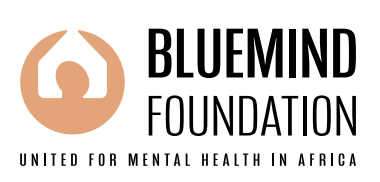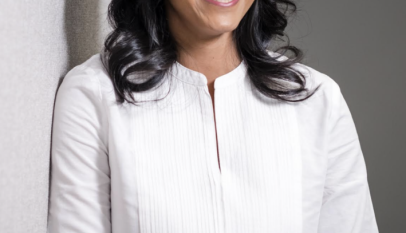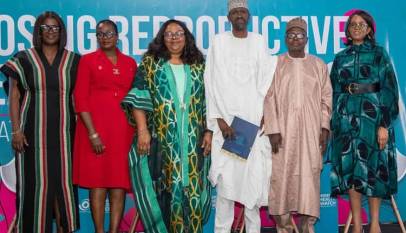Women and decision making in northern Nigeria
Discussions at the conversation café hosted by the Community-Based Organization, Inclusive Community Education and Development Association, ICEADA, re-echoed the feeling of marginalization by women in northern Nigeria, when it comes to decision making
The contribution of women to decision making in northern Nigeria is not always something to write home about as women in this part of the country have always complained of marginalization by men who dominate political, social and economic affairs from household to community level and even beyond.
Therefore, in commemoration of the 2016 international women’s week, the `northwestern city of Kano-based community-based organization, Inclusive Community Education and Development Association, ICEADA, in collaboration with the Voices for Change, hosted a conversation café on women’s roles in decision making.
The event which held at Zawachiki community, a suburban neighborhood of Kano reechoed the long held sentiment that men keep employing all available opportunities at their disposal to continue to trample on their counterparts’ rights including ensuring they never have a say when it comes decision making at all levels of life in the society.
Amongst others, the womenfolk accused men of using cultural traditions as well as interpreting Quranic verses in favour of marginalizing and subjugating them, perpetually. “Women in our society have a lot of roles in decision making but they are being suppressed and their rights is not recognized by the society,” said Barrister Aisha Ali Tijjani, a lecturer in Law at the Aminu Kano College of Islamic and Legal Studies, AKCILS, Kano.
“Our rights have been explicitly explained by the Holy Quran and the Prophet, we have roles to play in decision making including in areas like legislation, politics and access to justice. It is only women that can best proffer solutions to the problems of women hence the need for proper education and enlightenment for both men and women to understand the true role of women in decision making.”
Barrister Tijjani added that if men as leaders of the society would empower women from the family level, the role of women in decision making will become entrenched in the society adding that they had a lot of contribution to societal development in areas like health and empowerment.
Dr Halima Rabiu Abdullahi, a lecturer in the Department of Education, Bayero University, Kano argues that the future of the role of women in decision making in the region will depend on whether or not women were educated in Islamic and Western sense of the word, which she said was the only way they would be able to effectively fight for their rights.
“Men always hide under the cover of religion to dominate women whereas Islam has given women the opportunity to contribute to decision making, in the family and in the larger community. If given the opportunity women will not take decisions that are detrimental to other members of the society since they are their husbands, fathers or sons,” she said.
“Our concern is to spread the message to all the nooks and crannies of our communities and to do it in an informal way so that people openly discuss issues and learn to take action,” said Professor MB Shitu, founder of Inclusive Community Education and Development Association, ICEADA, and professor of community development at Bayero University, Kano.
“Women are quite left behind in terms of leadership but our major concern is looking at challenges and barriers women face regarding decision making at family and community level, and concerning issues like health, education and environmental management, decision that sometimes have to do with issues as basic as access to ante-natal care.”
He called on the need for equal opportunities towards shared understanding of issues and recognition of the way forward urging men and women to understand the need for parity and shared responsibility.
Speaking on Voices for Change’s partnership with ICEADA, team leader of the project in Kano State, Abdulhamid Bagara said V4C targets young people and particularly adolescent girls by supporting them to achieve their potentials adding that idea of the conversation cafe was to bring the discussion to people at the community level to ensure participation at the grassroots.
“Erroneous interpretation of religion and culture make people to think women do not have any rights to make decision in the society. However, it doesn’t make sense to me to say a decision that affects someone yet they have the right to participate in taking such a decision,” said Bagara
“I am therefore really delighted to see women talking about issues that concern them and I am happy to see the men here acknowledging that they have not really given women the opportunity to make input in decision making. So, actually the future is bright because we initially didn’t recognize the problem existed; we are now one step further by talking about it.”















